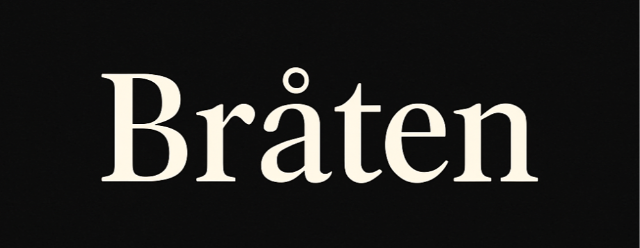5 crisis scenarios every CEO should assess in the 2 year short term
In today’s volatile world, the ability to navigate crises has become a defining skill for CEOs. Whether it's geopolitical upheaval, environmental emergencies, or societal challenges, leaders must be prepared to respond effectively. Below are five critical scenarios every CEO should assess, alongside questions for a crisis leadership tabletop exercise.
1. Geopolitical fragmentation and armed conflict
State-based armed conflict has emerged as the most pressing risk for 2025, reflecting the escalation of wars and rising geopolitical tensions. Leaders must focus on multilateral engagement and innovative conflict resolution strategies to address growing divides and prevent further instability.
Scenario: Your organization operates in a region affected by escalating geopolitical tensions. A neighboring country has imposed sanctions that disrupt your supply chain and client relationships. The situation is volatile, with the potential for further escalation.
Exercise Questions:
-
What immediate actions will your leadership team take to ensure business continuity?
-
How will you engage with stakeholders, including government officials, to mitigate risks?
-
What measures will you implement to support employees affected by the crisis?
-
How will you prepare for the long-term implications of regional instability?
2. The climate crisis: From long-term concern to immediate action
Extreme weather events rank among the top risks, underscoring the urgency of climate adaptation and mitigation. Leadership in this space requires integrating sustainability into decision-making and investing in resilience across industries and communities.
Scenario: A sudden extreme weather event, such as a devastating flood, has damaged one of your major facilities and disrupted operations. Employees are stranded, and critical services are offline.
Exercise Questions:
-
How will you ensure the safety and well-being of your employees during the immediate crisis?
-
What steps will you take to resume operations while minimizing environmental impact?
-
How will this event influence your organization's long-term sustainability strategy?
-
How do you communicate your response to stakeholders, including local communities and investors?
3. The rise of misinformation and technological risks
Misinformation, amplified by AI technologies, remains a critical challenge. Leaders must prioritize digital literacy, ethical AI governance, and robust communication frameworks to counter false narratives and foster trust.
Scenario: Your organization is targeted by a misinformation campaign, spreading false narratives about your products/services through social media and news outlets. The misinformation gains traction and begins to damage your reputation.
Exercise Questions:
-
What is your immediate response to counter the misinformation?
-
How will you engage with media and stakeholders to correct the narrative?
-
What long-term strategies can you adopt to build resilience against future misinformation attacks?
-
How do you evaluate the role of AI in both detecting and combating misinformation?
4. Societal polarization and inequality
Polarization and inequality are destabilizing societal trust and cohesion. Addressing these risks requires inclusive leadership that promotes dialogue, equity, and shared values, ensuring no one is left behind during transitions or crises.
Scenario: A highly polarized public debate, tied to an issue relevant to your organization, leads to protests outside your headquarters. Tensions escalate, with some employees expressing conflicting views internally, causing division within teams.
Exercise Questions:
-
How will your leadership team address employee safety and well-being during the protests?
-
What steps will you take to foster open dialogue and unity within your organization?
-
How will you respond publicly to the societal issue at hand without alienating stakeholders?
-
What long-term strategies can you implement to promote inclusivity and equity within your organization?
5. Declining trust in multilateral institutions
With declining faith in global governance frameworks, leaders must champion collaboration across sectors, build alliances, and strengthen regional and organizational resilience to navigate crises effectively.
Scenario: Global supply chains are disrupted due to a lack of coordination among key international trade bodies. Your organization faces critical shortages of materials essential for operations.
Exercise Questions:
-
How will you adapt your supply chain strategy to ensure continuity?
-
What partnerships or alliances can you form to mitigate reliance on unstable multilateral systems?
-
How will you communicate transparently with stakeholders about the challenges and solutions?
-
What steps can you take to advocate for and influence improved coordination among international institutions?

